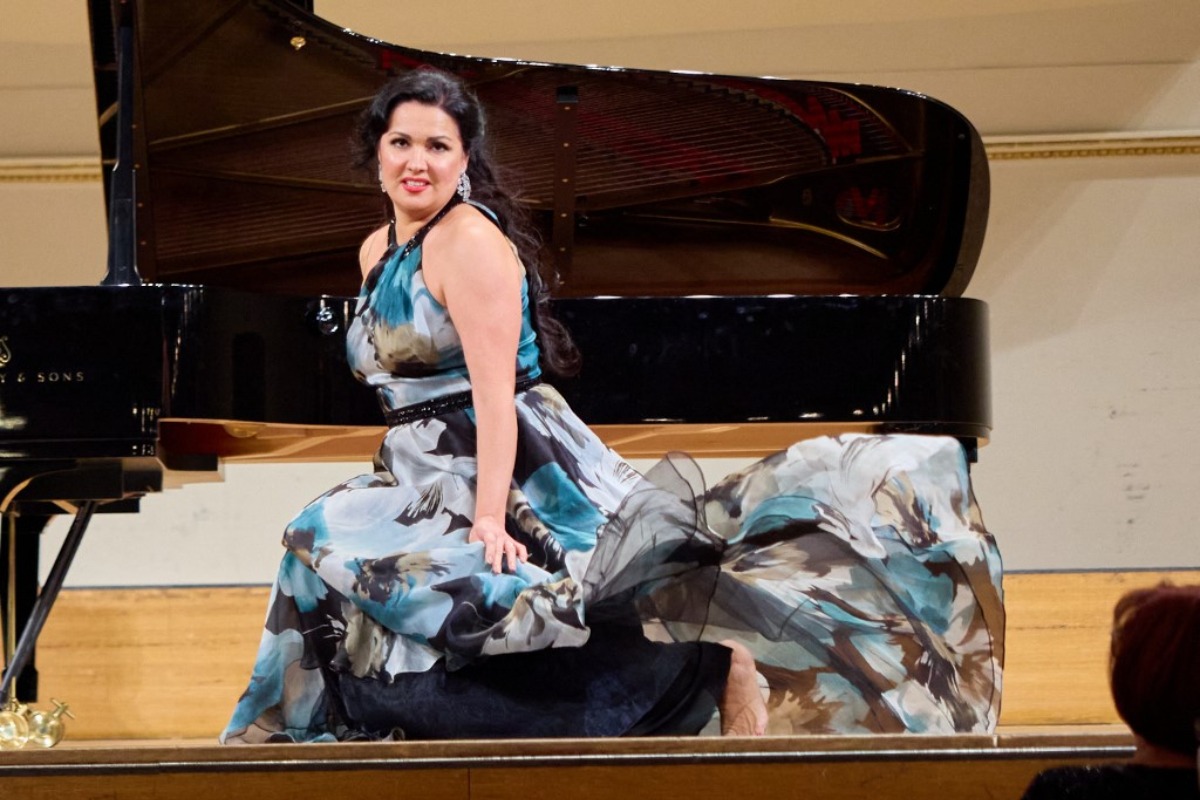American-style liberal democracy or the European Commissionʼs European values, though inspiring, belong to particular cultural and world-regional constellations with contingent histories, internal contradictions, and specific cultural environments. We cannot expect Chinese, Indian, or Thai political thinkers to press copy/paste or submit uncritically and eternally to standards of legitimacy from Western civilisation. And there should be a lot of cross-cultural learning going in the opposite direction; Westerners have much to learn from non-Western others. Seems fair, right?
But liberalism plays a trick on us. In its most influential contemporary forms, liberalism presents itself as procedural rules of the game rather than as substantive cultural or ideological content. It says: ‘I am a neutral framework under which all diversity can flourish.’ This idea of liberalism as a set of culture-transcending principles for managing ideological and cultural diversity finds its most forceful expression in philosopher John Rawlsʼ 1993-book Political Liberalism. Rawls’ A Theory of Justice (1971) tried to completely neutralise tradition, community, and cultural embeddedness in developing its liberal conception of justice, though his Law of Peoples (1999) leaves room, albeit condescendingly, for “decent” non-liberal peoples who have bad, non-liberal ideas about social hierarchies but are nonetheless “well-ordered enough” to be included in a civilised world order. Overall, liberalism plays a double game, taking positions on policy and ideology while claiming to represent a universalisable set of rules for managing ideological competition fairly.
Indeed, liberal policies and institutions can flourish in many different locales and under wide-ranging cultural conditions. However, it would be mistaken to accept liberalism as the universal formula equally and monolithically applicable everywhere, for that would confuse a part (a particular regime model) for the whole and breed intolerance for the deeper cultural and political diversity existing in the wider world.
That deeper diversity of the wider world needs to be recognised and managed. In the twenty-first century, the challenges of global regime diversity require us to proceed from a truly open-minded Herderian spirit.
Here is the quote from Herderʼs Briefe zu Beförderung der Humanität (Nr. 29): “Obviously it is the disposition of nature that as a man, so also a race, so also a people learn from and with the other, learn incessantly, until all have finally grasped the hard lesson: No people is the sole God-chosen people.”
The author is a Dutch sociologist and a visiting fellow at the Danube Institute


